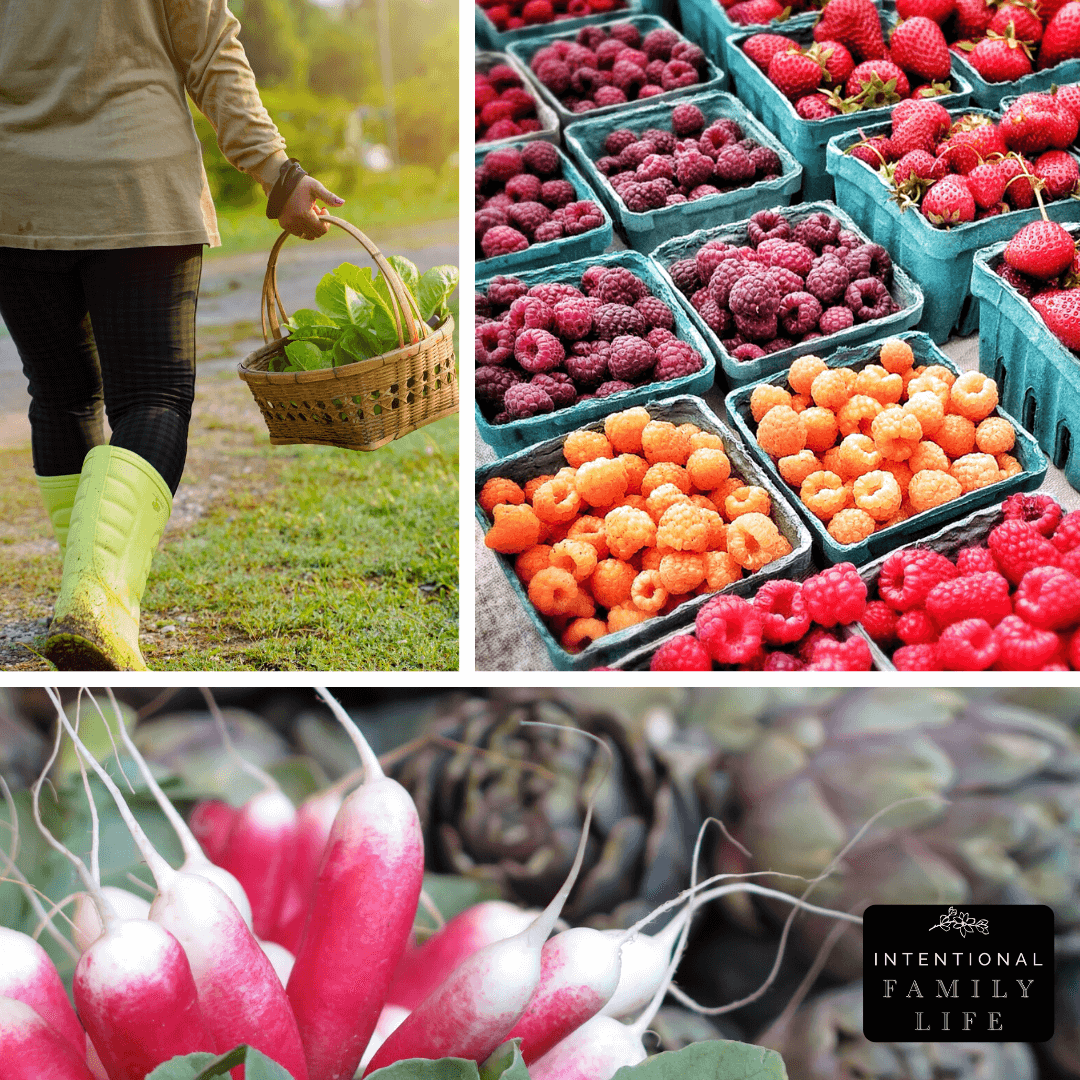Spoiler Alert: In this post – you’ll figure out how to answer to the question, “Are carbohydrates and sugar the same thing?” Or, put differently, “Is sugar a carbohydrate?” I’ll share the difference between processed sugar, sugar, simple carbohydrates, and complex carbohydrates. I’ll share what are good carbs – including the difference between glycemic index and glycemic load as well as sources of good carbs. And finally – I explain what all these fancy-schmancy words mean to you and why you should care. Hint: Do you want to reclaim some of your lost energy each and every day?
I’m going to tell you a secret about me. Quitting sugar is hard for me. Ok, that’s like saying that when a starving dog sees a steak, he might be mildly interested. #understatement.
My body doesn’t tolerate much (if any) processed sugar before it sends me plummeting down a slippery slope into more and more cravings, brain fog, and wildly fluctuating blood sugar levels which mean certain exhaustion. So my best bet is to stay away. Almost completely. It’s an addiction thing.
But…severely reducing my sugar is not the end of my story. I can give up added sugars, but then I want bread and crackers and pasta and rice and potatoes…which I only occasionally eat otherwise. Have you ever tried to give up sugar and had this happen to you? What’s up with that??????
Is eliminating or reducing added, processed sugar the same thing as reducing or eliminating all carbohydrates and sugars? Is there a difference between carbohydrates and sugar? When I give up one, why do I start craving the other?
Carbohydrates and Sugar – What Are They?
Carbohydrates take the form of either sugars or starches (“complex carbohydrates”); but, a starch is simply a long chain of sugar molecules strung together, so they both end up as the same thing once they enter your blood stream (the only difference is that you need digestive enzymes to break up a starch).
Most carbohydrates break down to approximately half glucose and half fructose (let’s ignore fiber and some of the other less common monosaccharides, for now). Glucose is then directly used by your cells for energy, whereas fructose must first be converted into glucose or fat by your liver. – Dr. Sarah Ballantyne, PhD.
Our bodies process glucose and fructose quite differently. An overload on either can be dangerous. Our bodies need glucose to function. But as with everything in life, it’s a matter of balance. We need glucose, but not in the quantities or processed forms that many of us are eating.
For example, high fructose corn syrup and brown rice are both carbohydrates. Is one better for you than the other? You bet!
So how can we tell what types of carbohydrates are beneficial?
What Are Good Carbs?
“Good carbs,” or the carbohydrates that are a good source of energy and which provide health benefits (for example, carbohydrates that are fiber rich) are those that are metabolized more slowly by your body.
Every food is given a number that represents its glycemic index. The glycemic index indicates how quickly carbohydrates are digested and released into your bloodstream as glucose. A food with a high GI raises blood sugar more than a food with a medium or low GI.
In order to stay healthy, maintain your energy levels throughout the day, and keep your brain clear of fog – you want to keep your blood sugar as steady as possible throughout the day. Carbs that have a lower GI, will take longer for your body to break down and longer to be pushed out into your bloodstream. This helps avoid spikes and drops in your blood sugar that can zap your energy.
Measuring the Glycemic Load of Carbohydrates and Sugar
The more important number represents the glycemic load. The glycemic load takes into account the serving size of a food. “Foods with a glycemic load (GL) under 10 are considered low-GL foods and have little impact on your blood sugar; between 10 and 20 moderate-GL foods with moderate impact on blood sugar, and above 20 high-GL foods that tend to cause blood sugar spikes.” (source)
Guess what? Fruits and vegetables are all low to moderate glycemic load foods. Even fruits that are seem super sweet and contain fructose have low glycemic loads.
Related Post You May Also Like: What Helps Satisfy Sugar Cravings?
How is that possible? Fruits and vegetables also contain antioxidants, minerals, vitamins, and dietary fiber that help offset the impact of the fructose. Added or processed sugars are pure sugar and, therefore, the impact on blood glucose levels is not offset.
Related Post You May Also Like: How Vegetables Help Reduce Sugar Cravings
The body breaks down simple carbohydrates (think the white stuff – white bread, white rice, white flour), turns them into glucose, and releases them into your bloodstream quickly.
Recognize that name? Glucose is…cue dramatic music…sugar. So there’s the answer! When I give up sugar, but still want all the bread and pasta and crackers…it’s because the starches are converted to the same sugar that I was trying to avoid. Hence, a potentially similar effect on my body!
As a general rule, less processed foods are sources of carbohydrates that have a lower glycemic load.
So Why Does Any of This Matter?
So the difference between sugar and carbs matters if, like so many women, you are sick and tired of being sick or tired all the time. The impact of sugar and other simple carbohydrates on our bodies is huge!
And I’m not even talking specifically for those of us who struggle with weight. Sugar messes with our health in so many hidden ways – even if you are slender. Click below to get a free checklist of 25 Ways Sugar May Be Messing With You – That Don’t Have Anything To Do With Weight.
Complex carbohydrates can provide you with vital nutrients and the energy to power through your day.
Refined sugars and other simple carbohydrates, on the other hand, zap your energy and can leave you trapped on an energy roller coaster – up with the sugar high / down with the sugar crash / start with the craving for more sugar / eat sugar.
And then it starts all over again.
SUGAR | CARBS ADDICTION CHALLENGE:
Think about whether you’ve ever given up one thing in your diet only to have something else come raging at you full force? What was it? Were they carbohydrates and sugar?
SUGAR CARBOHYDRATES ADDICTION ACTION ITEM:
Go to your pantry and take out one thing – a box of cereal, a can of beans, a can of soup, whatever it is. Just pick one or two things to take out of your pantry. Now – look at how many grams of carbohydrates and sugar. Is there a difference? If there is less sugar than total carbohydrates, the remaining carbs will be processed into sugar in this way.
On 31 Days to Annihilate Sugar I add a daily link to each new post. I really want you to follow along with me on Facebook, Twitter, Pinterest, or Instagram so that you don’t miss anything extra I may be putting out there. But even more – I don’t want you to miss anything – so I want you to sign up for my special emails just for this series! Sign up now and don’t miss out on daily information, inspiration, and scary stuff. Everyone who follows this series and seriously wants to learn about sugar addiction will be entered to win a free copy of Suicide by Sugar!!! Sign up now for a chance to win a free copy of this wonderful book and to make sure that you don’t miss a thing!
Don’t Forget To Pin This For Later!






